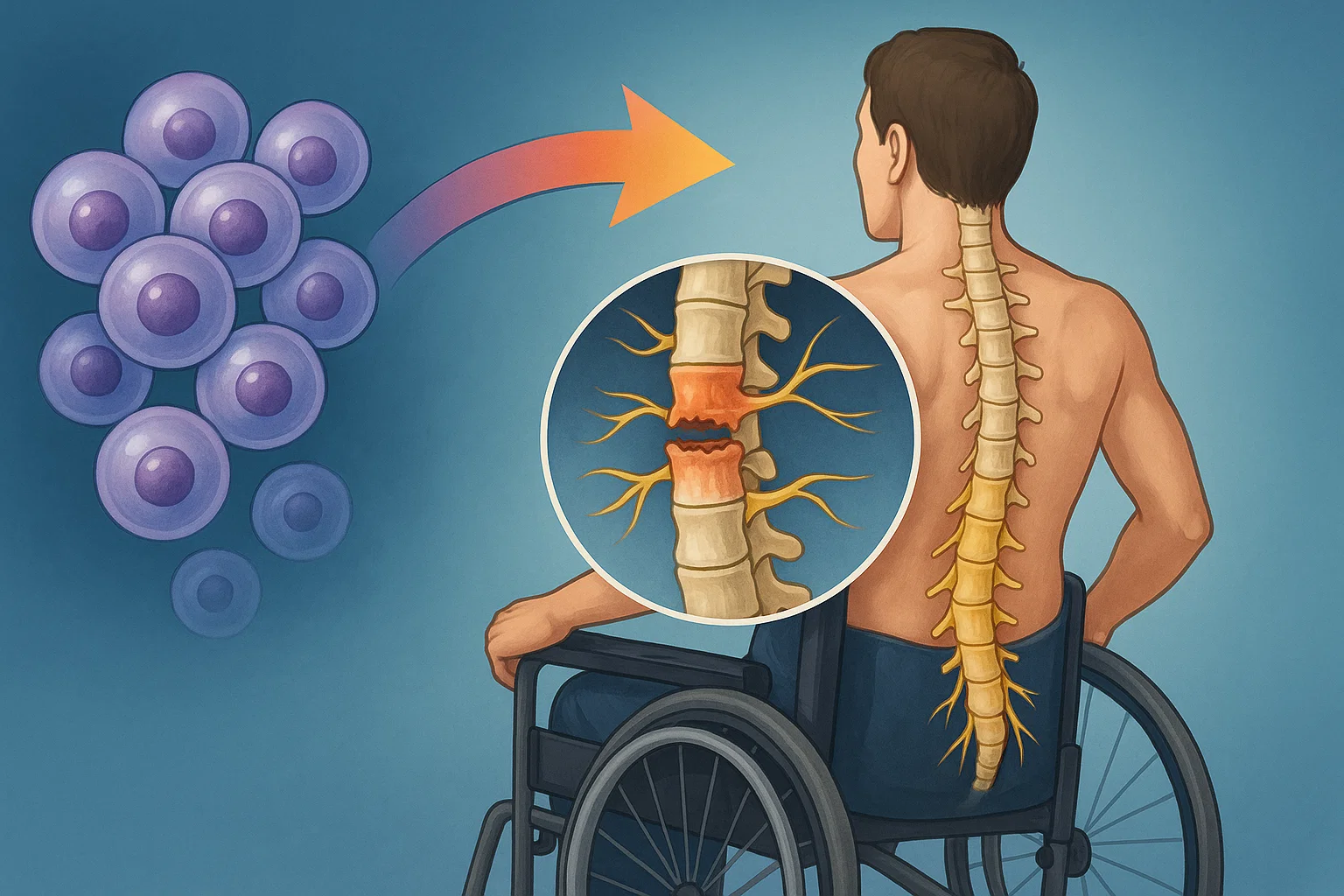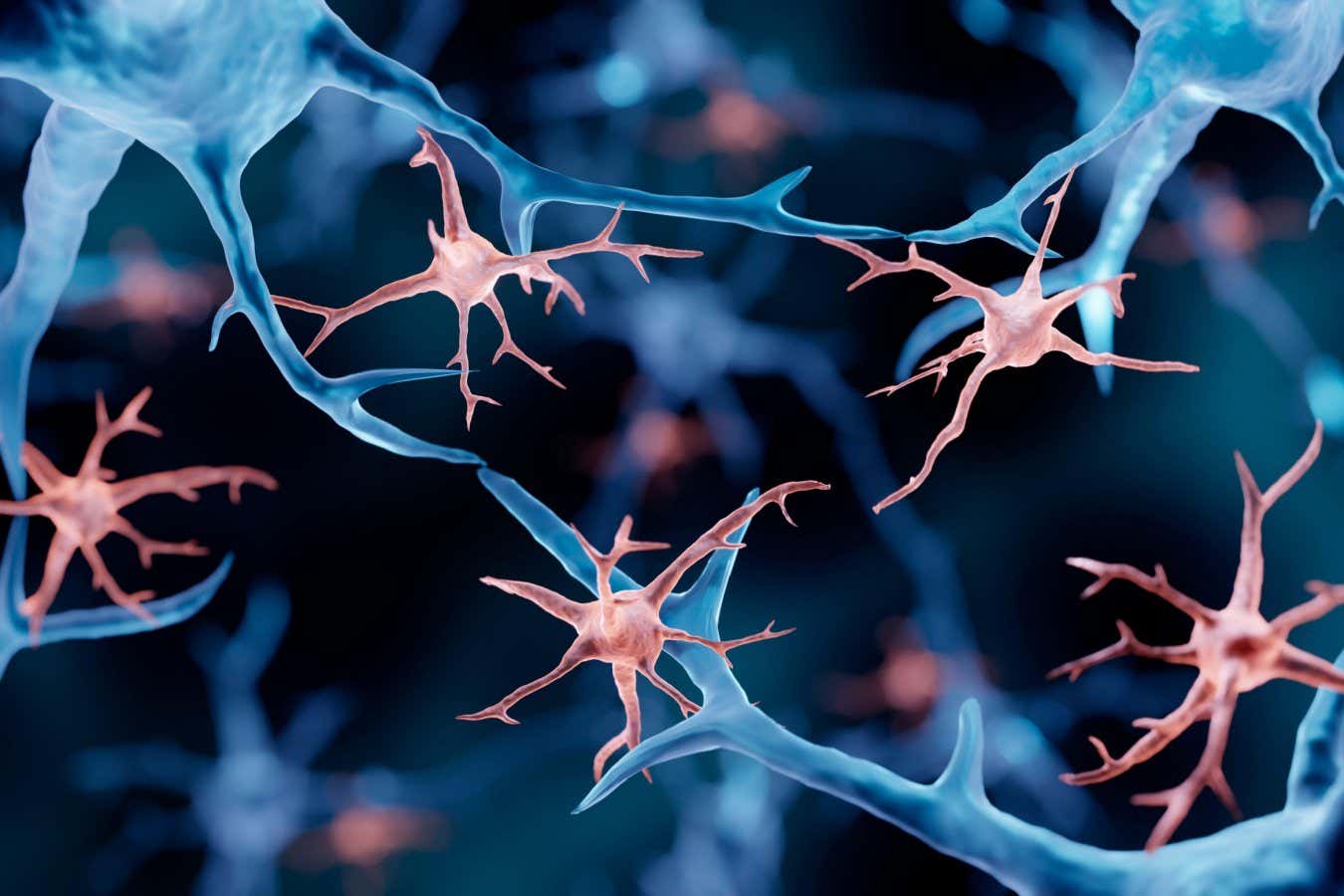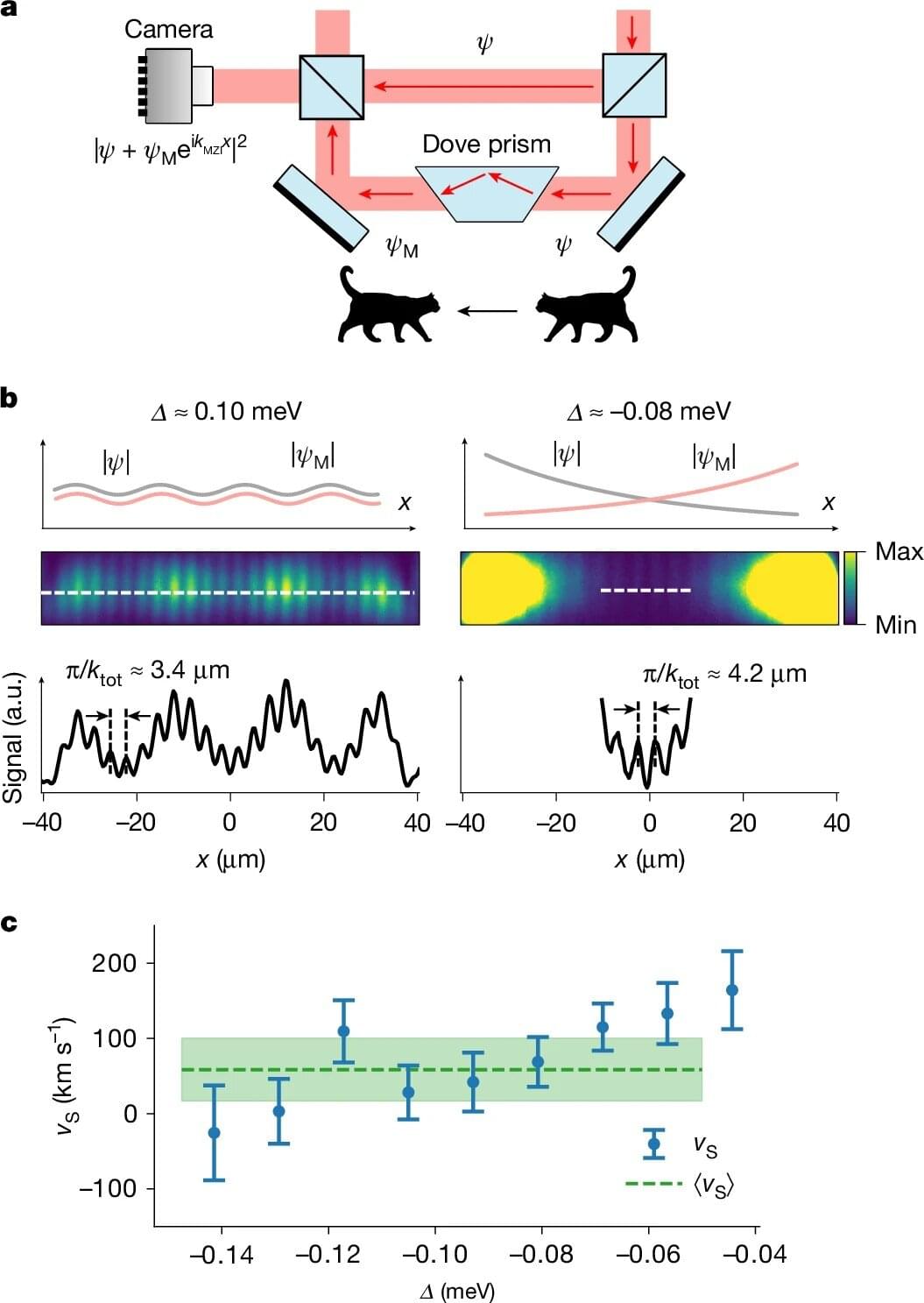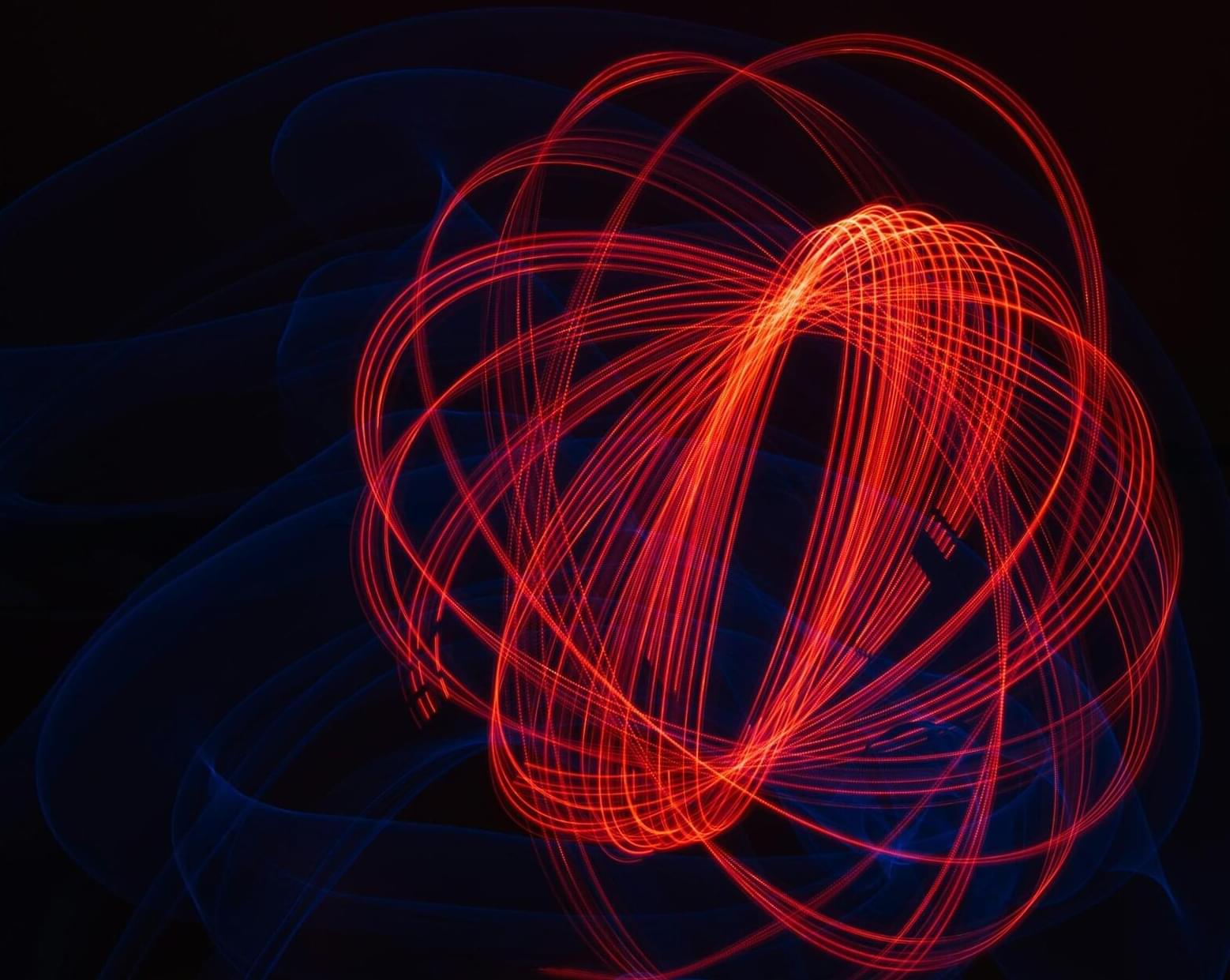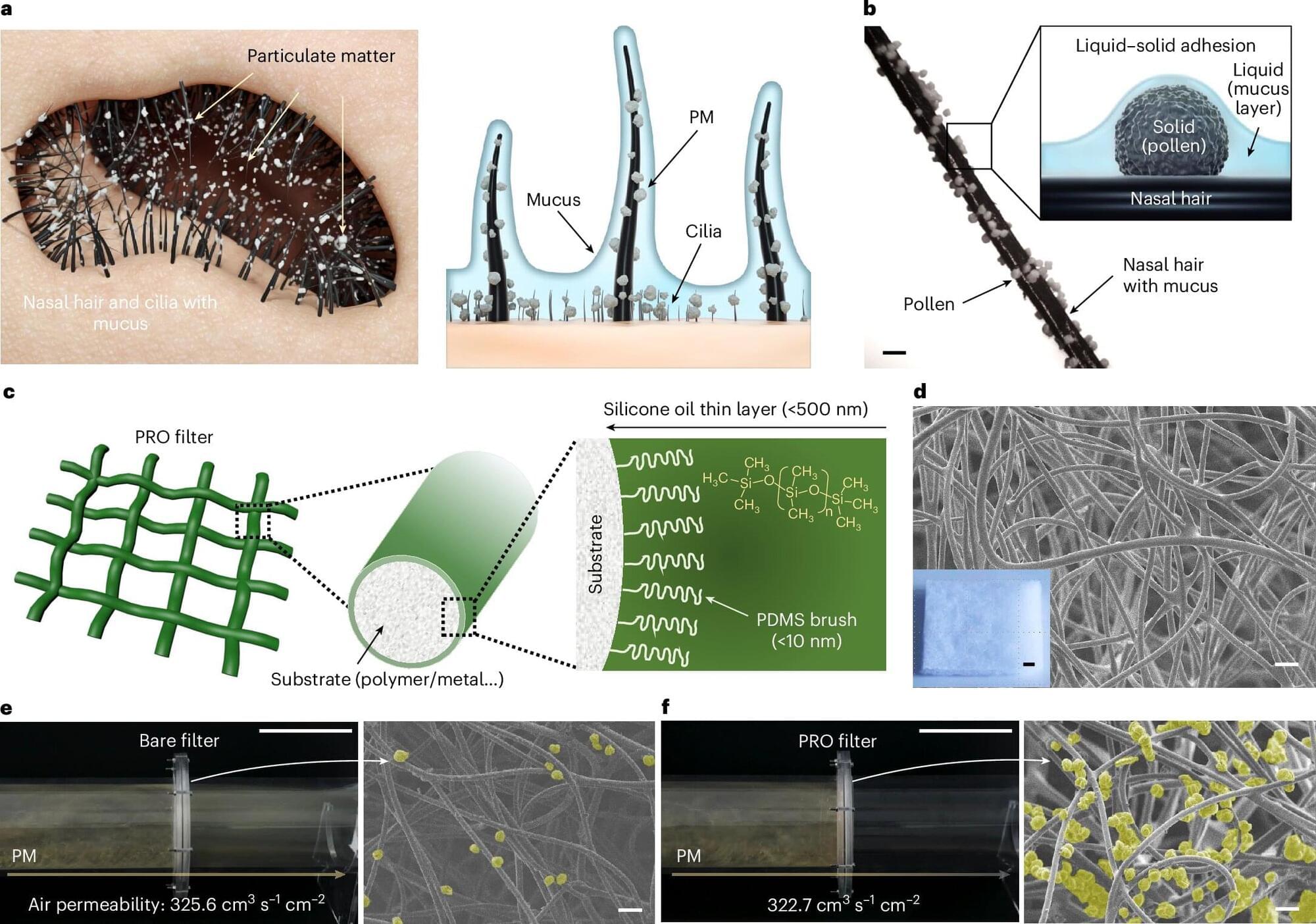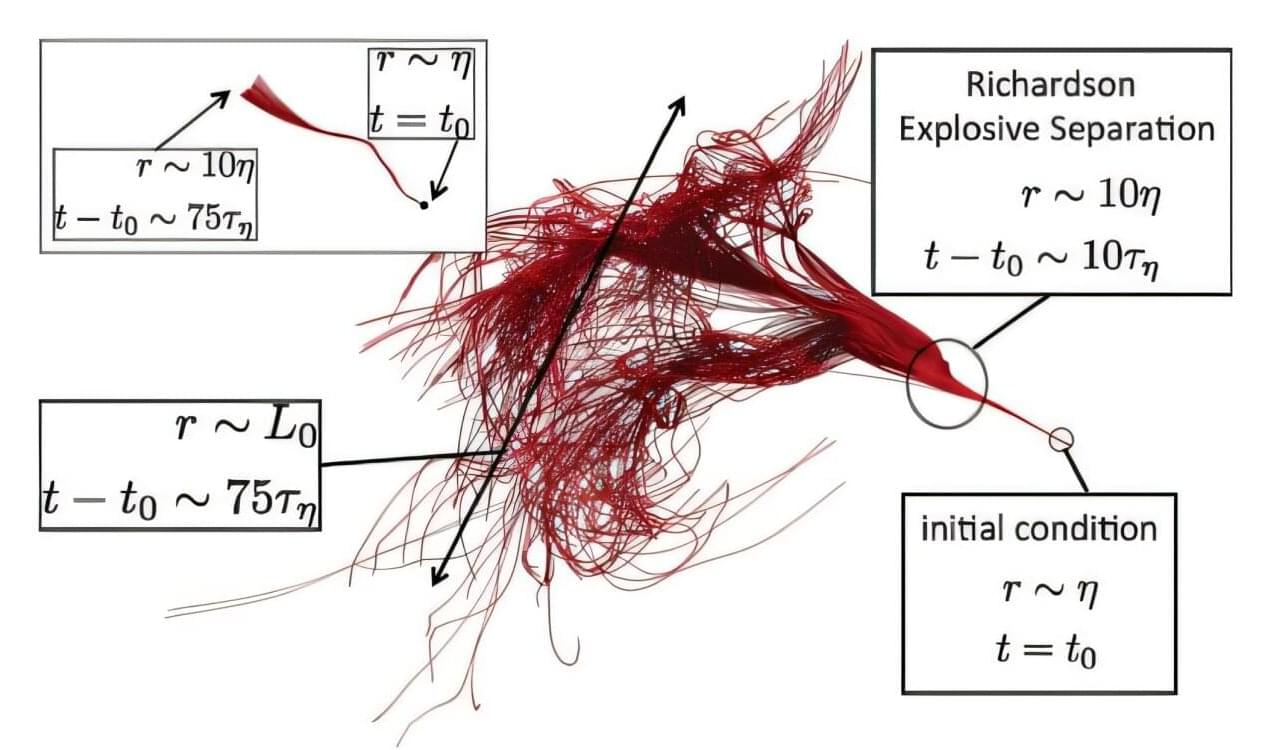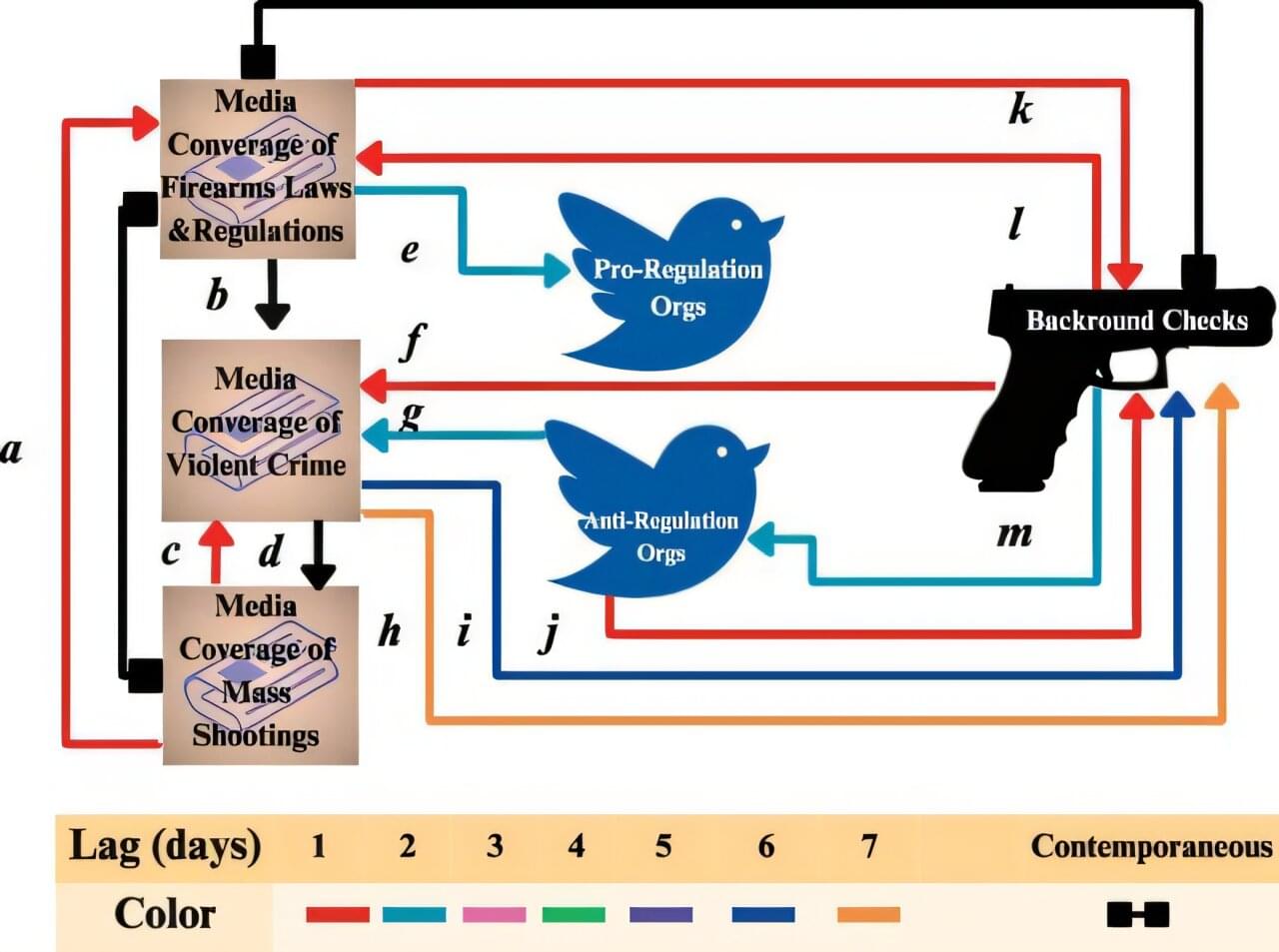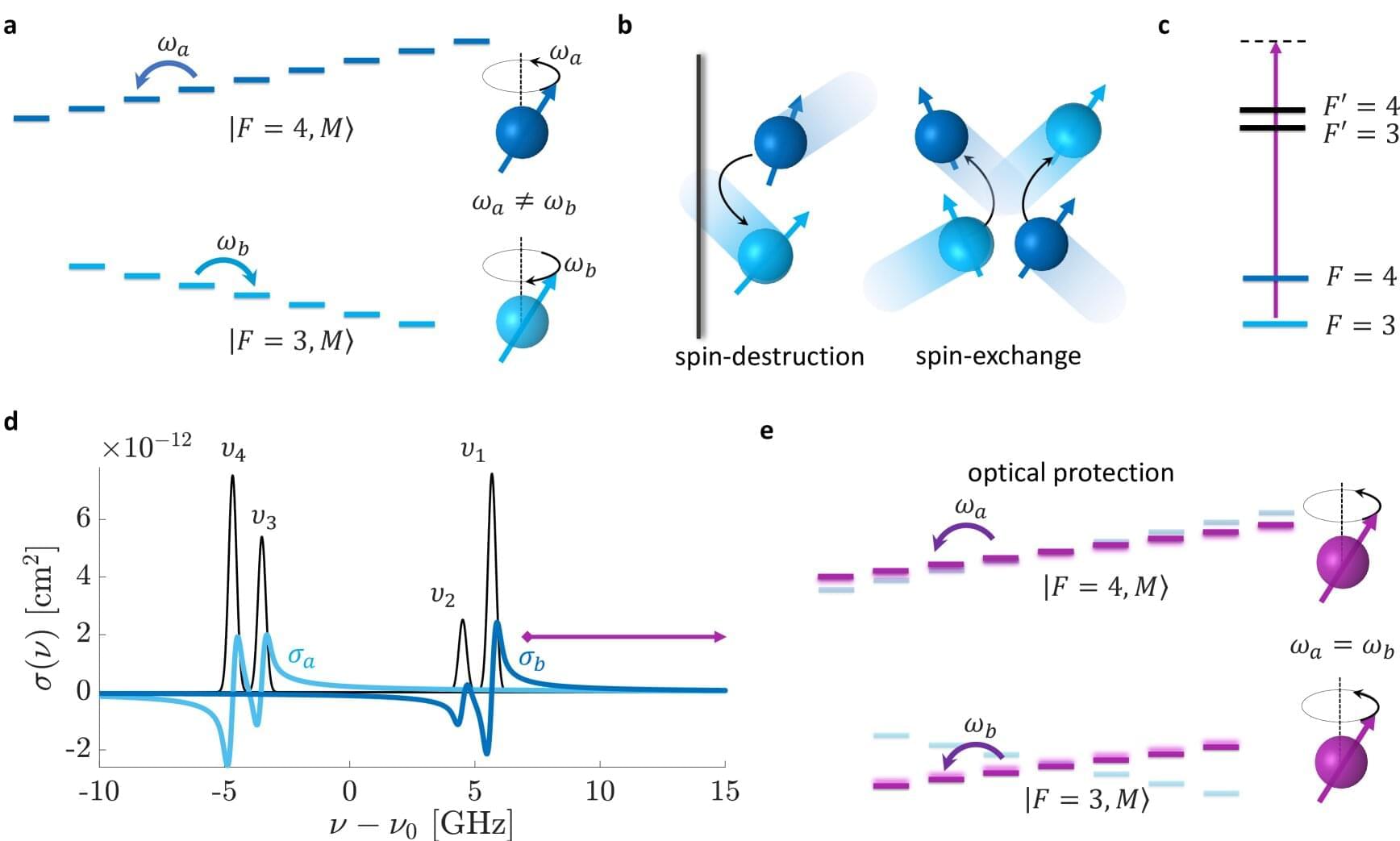It begins with a fall, a crash, or a sudden jolt. In a split second, the spinal cord shatters. For millions, the damage is permanent. But in Shanghai and Suzhou, a group of scientists believes that might soon change.
This May, a biotech startup named XellSmart Biopharmaceutical received rare dual approval from both U.S. and Chinese regulators to launch a Phase I trial for an experimental treatment. The therapy is designed to repair spinal cord injuries using neurons grown in a lab.
The trial, described as the first of its kind, is being led by the Third Affiliated Hospital of Sun Yat-sen University in China. The goal: to test whether specialized nerve cells can be safely implanted into people whose spinal cords were recently injured.
A cell therapy for regenerating broken spinal cord using lab-grown neurons enters human trials for the first time.
